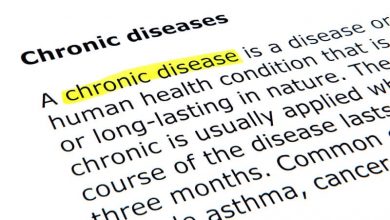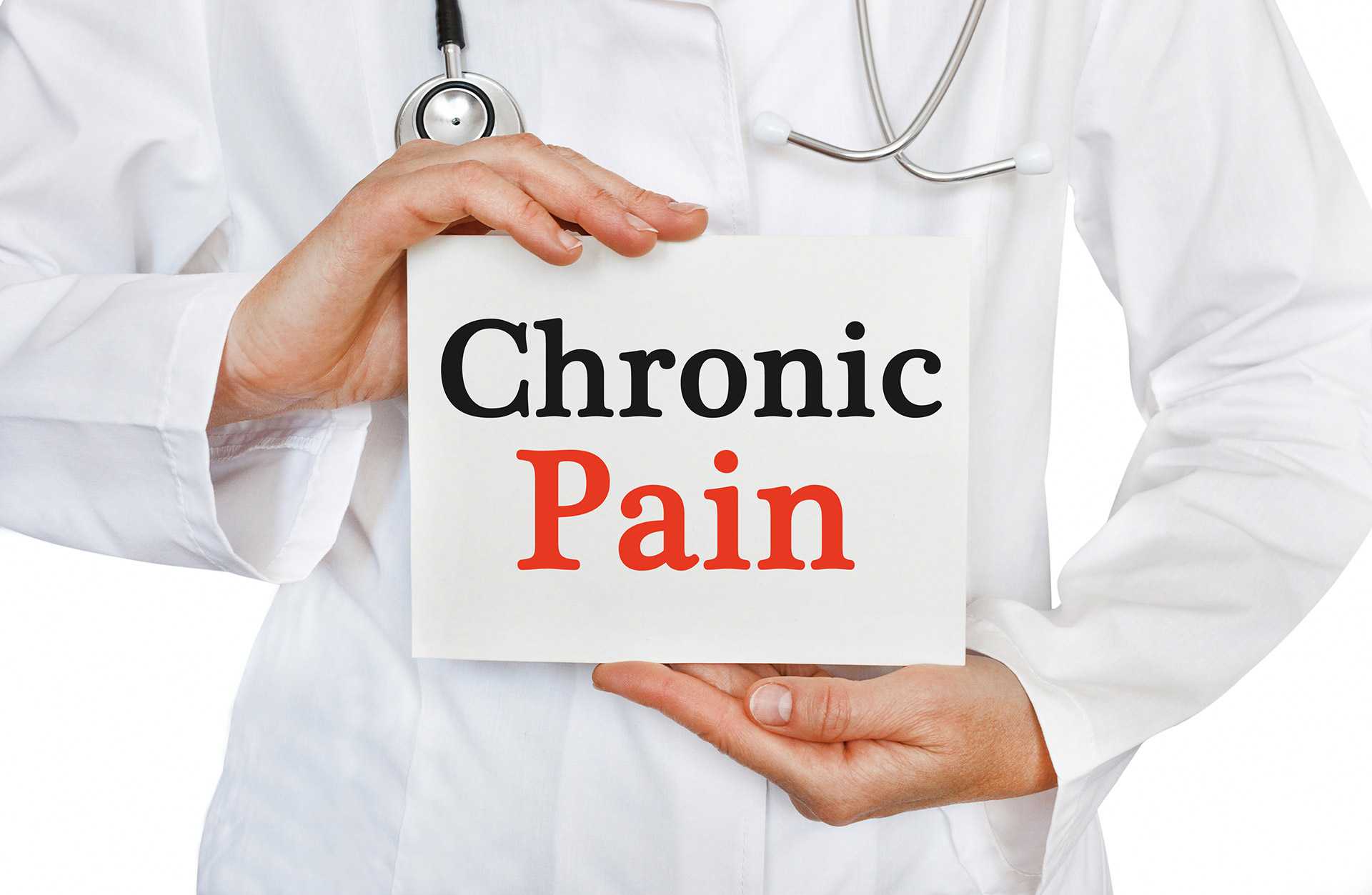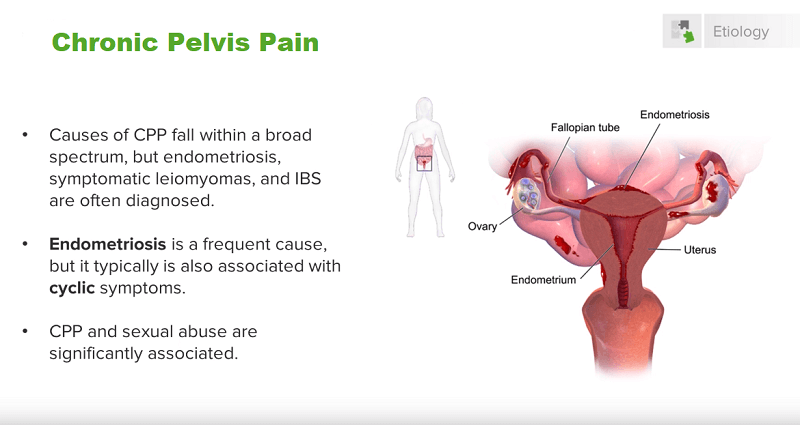Do You Really Understand Pain?
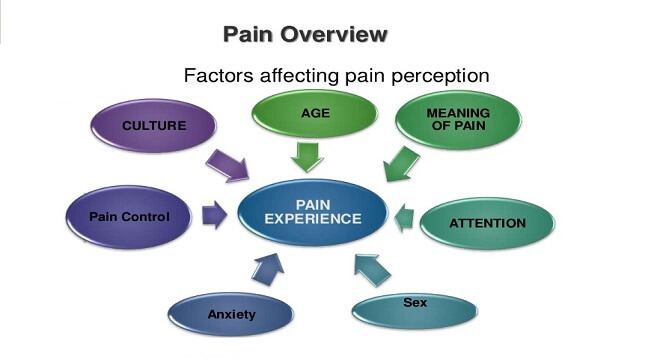
HAVE YOU CONSIDERED THAT PAIN PERCEPTION IS NECESSARY?
You have heard it said, “No pain…no gain.” But, do you really understand pain?
The experience of pain is generally believed to be something to be avoided. I have never met anyone who truly liked pain.
And yet, do you know that you would be much worse off without it? There are a number of disorders that are characterized by a lack of the ability to feel pain.
People who lack the ability to perceive acute pain suffer many serious physical complications and have a shortened life expectancy.
Now I am not going to try to convince you that all pain is “good”. In the case of chronic pain, the pain itself becomes its own disease.
Chronic pain is any pain that is continuous daily and persists for 3 or more months. It causes physiologic changes that are independent of the disease process causing the pain.
My point is that acute pain is an advantageous perception that is essential for good health. Chronic pain offers no selective advantage for the sufferer.
This may be a new concept for you. Let me explain some basics about pain first.
DID YOU KNOW THAT PAIN IS PHILOSOPHICAL?
The definition of pain is fairly vague, “a physical suffering or discomfort caused by illness or injury.” Notice that this definition does not include emotional pain.

The definition of pain infers that to be considered having pain there must be an identifiable cause.
The definition actually effects the way people see pain. Have you ever had pain that could not be diagnosed?
What was the reaction of those around you when your pain evaded a specific cause? What about the reaction of your Doctor?
Perhaps even your own perception of what you were feeling was distorted by the lack of agreement of those around you? Were you still having pain even though the cause could not be diagnosed?
Pain is like so many other strong experiences in life…it is very individual. And yet, the treatment of it is greatly affected by the perceptions of those around us.
Pain that cannot be externally verified calls into question its existence by those that interact with the person experiencing it. The mere reporting of pain by a person may not be enough to convince the “pain judges” around a person to take it seriously.
So having pain gets philosophical. Do you believe a person who says they are in pain?
What if you can’t demonstrate a physical finding or diagnostic study that supports its existence? Would you still believe that the person reporting that they are in pain actually is?
DID YOU KNOW THAT ALL PAIN IS REALLY NEURO-PHYSIOLOGICAL?
Pain is divided into 3 basic types:
1) Somatic: that is pain that comes from a visible illness or injury. The acute pain response is adaptive in that it causes the individual to do something to decrease the pain.
Somatic pain evokes self-preservation.
2) Visceral: this is pain that occurs from an internal illness or injury. It may be less obvious but is no less a threat to the individual than somatic pain (sometimes more a threat).
A specific organ or organ system is dysfunctional in visceral pain.
3) Neuropathic: this is pain that may be visible or invisible. It may be the result of a specific organ or organ system dysfunction.
It may also come from dysfunction of the system that generates the perception of all types of pain…the nervous system itself.
Of the 3 types of pain, neuropathic pain gives clinicians the hardest time to diagnose and treat.
Acute pain functions similar to a house alarm system. It alerts the individual that there has been an intrusion of illness or injury.
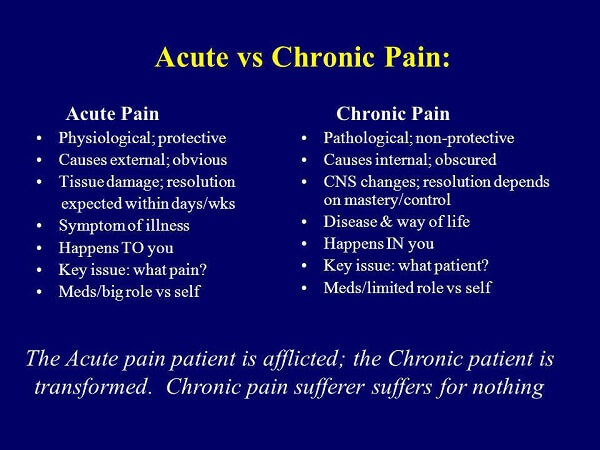
The sensation of acute pain triggers a series of adaptive responses from other systems.
The other systems are designed to identify, repair, and combat the source of dysfunction. Without the acute pain there would be no alarm and, therefore, a delayed response.
Just as would happen if a house alarm system malfunctioned.
What happens if the “early warning system” of acute pain malfunctions? Let me explain further…
WHY MUST WE HAVE ACUTE PAIN?
There are 3 classic illnesses that are characterized by a lack of acute pain:
1) Congenital Insensitivity to Pain Syndrome (CIPS): in this syndrome (quite rare) a human being is born not being able to perceive pain. The other special senses are usually intact.
It occurs as a gene mutation. As the person grows, the acute pain insensitivity leads to repeated injuries that cannot be felt by the individual.
The accumulated trauma, or the occurrence of illness that would usually result in an acute pain alert but doesn’t, results in an early death.
2) Leprosy: this is an infectious disease that is prevalent in under-developed areas of the world. The disease invades nerves and other areas of the body causing disfigurement.
It results in anesthesia of the areas where the bacteria grows. Trauma to these areas may be undetected and complications arise from the lack of an acute pain alert.
Leprosy is a treatable infection and has been a major focus of the World Health Organization for eradication. This has not been achieved worldwide as yet.
3) Diabetic Neuropathy: Diabetes Mellitus has a toxic effect on nerves. The result of poorly controlled blood sugars can cause anesthesia and/or pain of the toes, feet, fingers, and elsewhere.
Here again, the lack of acute pain allows trauma to go undetected and complications to develop. Foot ulcers occur largely from undetected injury to the skin as the feet become anesthetized from Diabetes.
In all 3 diseases the primary complication of the lack of acute pain is early death.
Acute pain gives humanity a survival advantage.
FINAL COMMENTS ON PAIN…
Acute pain is necessary for good health. Acute pain is like an alarm system that alerts us that something is wrong.
The perception of pain by the person in acute pain, and by other observers, is very individualized. At times, the interpretation of the perception of pain becomes philosophical.
Because pain is experienced by every human being at one time or another, people have learned concepts about pain. This learning effects how they interpret pain in themselves and others.
In that acute pain is adaptive, chronic pain can be confusing.
Chronic pain is maladaptive and serves no meaningful survival advantage.
This confusion has led to inconsistencies about the diagnosis and treatment of chronic pain. Chronic pain utilizes different neurologic mechanisms, has different processing pathways, and results in different consequences for human beings.
This entire website is dedicated to teaching you the differences between acute and chronic pain. My intention with Discectomy.net is to inform the reader and offer therapeutic options for their pain.
Most of all, I want you to know, I believe you are experiencing pain when you say you are.
I hope this post about pain has helped you to begin to understand the different nuances of acute versus chronic pain.
I would love to hear from you. Please send me an email with your questions and comments.
Wishing you joy and healing.


